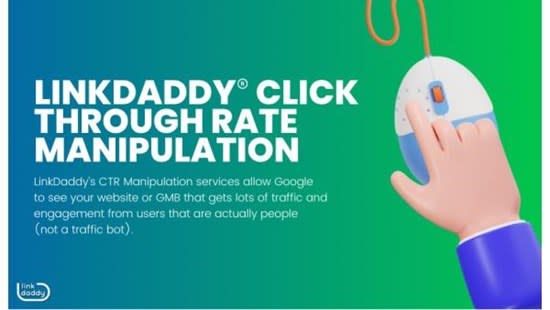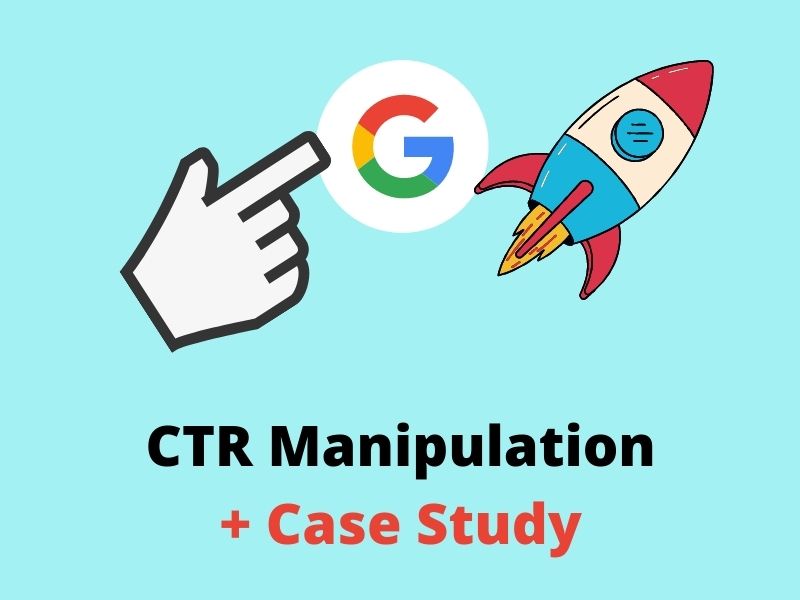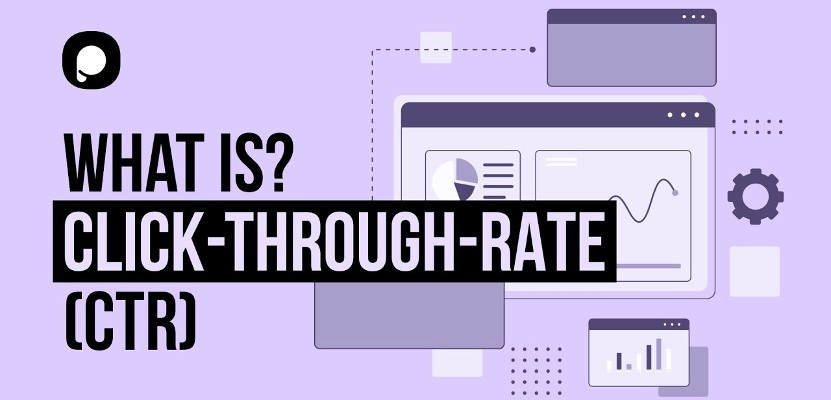Comprehensive CTR Manipulation Service: Maximize Your Marketing Effect
Discovering the Relationship Between CTR Manipulation Services and Individual Habits
In the realm of electronic marketing, the influence of click-through price (CTR) adjustment services on customer habits continues to be a facility and interesting topic. By dissecting the elaborate partnership between CTR control solutions and individual habits, appealing insights arise that might reshape our understanding of electronic advertising strategies and their impacts on customers.
Impact of CTR Manipulation on Actions
Assessing the impact of Click-Through Rate (CTR) control on user behavior reveals essential understandings into the dynamics of online engagement. CTR control entails synthetically pumping up the number of clicks on a specific link or advertisement to deceive customers and online search engine. This practice can result in a distorted assumption of a web page's popularity or importance, inevitably influencing customer habits.

In addition, CTR control can alter the data made use of by algorithms to customize customer experiences. This can result in customers being offered content that does not align with their choices or rate of interests, inevitably leading to a decrease in individual fulfillment and involvement. Recognizing the influence of CTR adjustment on user actions is crucial for maintaining transparency and count on on-line communications.
User Engagement With Manipulated CTR
User engagement with adjusted CTR data often results in manipulated perceptions of online material popularity and significance. When individuals communicate with web content based on unnaturally inflated Click-Through Rates (CTR), they may believe that specific information, products, or services are more prominent or reliable than they really are. This can cause users choosing based on deceptive information, leading to potentially undesirable results.
Interaction metrics like sort, shares, comments, and time invested in a website are typically influenced by CTR manipulation. Customers might be extra likely to involve with web content that shows up to have higher engagement prices, additionally continuing the cycle of skewed understandings. Therefore, content developers and advertisers may prioritize creating web content that creates high CTR rather than concentrating on developing truly useful and relevant product.

Mental Effects of CTR Manipulation

Furthermore, the emotional effects of CTR manipulation can also show up in altered decision-making processes. Customers might be a lot more likely to click material exclusively based on its viewed appeal, instead of its real worth or relevance to their demands. This behavioral change can result in a shallow engagement with on the internet content, where users might forget top notch yet much less preferred offerings for those with synthetically improved CTRs.
In essence, the psychological implications of CTR adjustment highlight the relevance of preserving openness and authenticity in on the internet communications to promote genuine individual interaction and trust fund.
Moral Considerations in CTR Manipulation
Considering the honest implications of controling click-through prices (CTR) in on the internet systems is imperative for preserving stability and depend on within the digital community. CTR manipulation raises worries about deceiving customers, misshaping information analytics, and jeopardizing the trustworthiness of on the internet material. One major honest factor to consider is the potential influence on user freedom and decision-making. By artificially pumping up CTR, customers might be misguided into clicking links or advertisements they would certainly not have actually selected otherwise, leading to a disingenuous online experience. Moreover, CTR adjustment can skew the performance metrics that organizations depend on to make tactical decisions, ultimately influencing market competitors and customer count on.
Another honest facet to ponder is the fairness of manipulating CTR to obtain an unfair advantage over rivals. Taking part in such practices not only breaks principles of fair game however additionally threatens the trust fund that customers position in online systems. It is necessary for companies and electronic marketers to maintain ethical criteria in their techniques to ensure transparency, credibility, and long-term sustainability in the on-line environment.
Effects for Digital Advertising
With the best site enhancing reliance on digital platforms for advertising objectives, the technique of controling click-through prices (CTR) poses significant implications for the performance and stability of electronic marketing strategies. CTR adjustment can cause skewed information analytics, misdirecting marketers right into thinking that their campaigns are executing far better than they actually are. This can lead to try these out misallocation of resources, with companies buying underperforming methods based on falsified CTRs. When customers realize that CTRs have actually been controlled, it can deteriorate trust in the brand name, leading to long-term unfavorable effects for consumer loyalty and brand name online reputation.
In addition, using CTR control services can produce an unreasonable competitive landscape, where firms that engage in such techniques gain a man-made benefit over those that abide by moral advertising and marketing requirements. This can stifle technology and creative thinking in electronic advertising, as success becomes more about manipulation strategies than providing real worth to consumers. Eventually, the implications of CTR adjustment for digital advertising and marketing extend beyond temporary gains, affecting the general sustainability and integrity of advertising efforts in the digital realm.
Final Thought
To conclude, the partnership between CTR manipulation services and customer behavior is complicated and complex. The influence of CTR adjustment on habits, individual interaction with adjusted CTR, psychological impacts, ethical considerations, and ramifications for digital advertising all play a duty in forming this connection. Understanding these characteristics is crucial for marketers and scientists alike in order to navigate the honest effects and take full advantage of the efficiency of their digital marketing strategies.